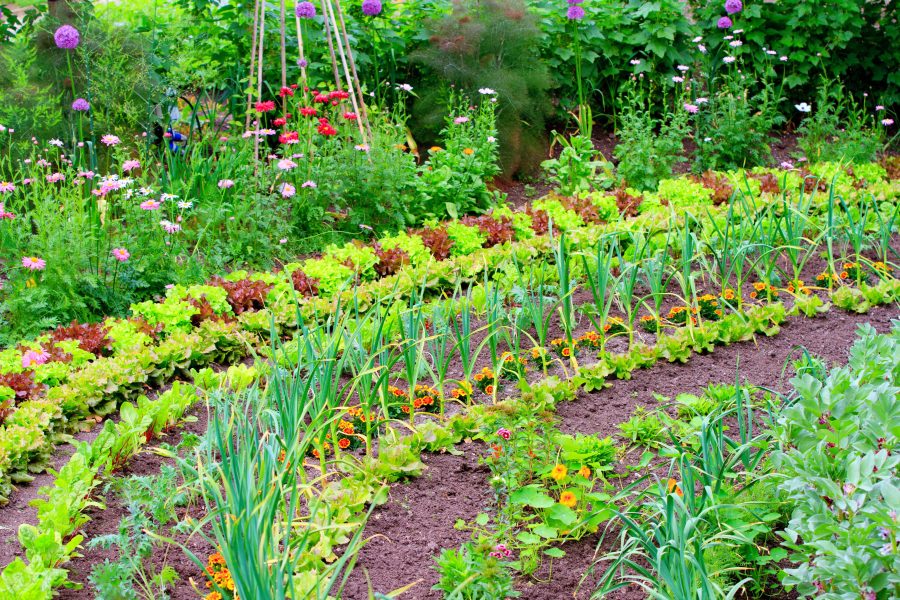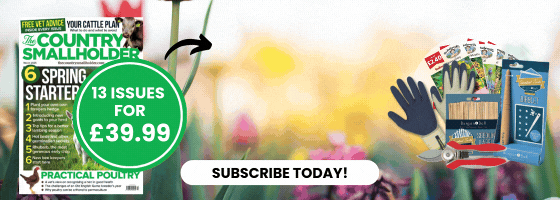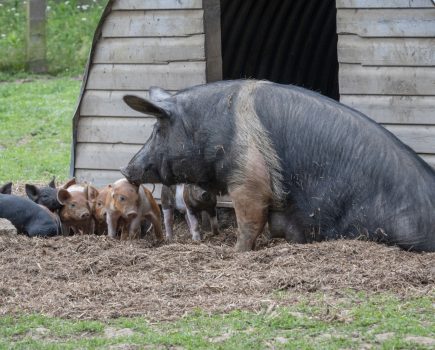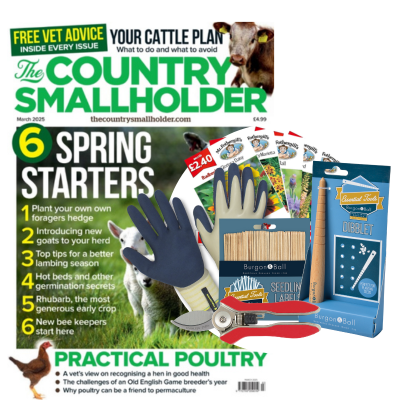Liz of Hetty’s Herbs explains the advantages of growing herbs as companion plants…
Liz says: Many of us grow herbs in containers in the garden to use in the kitchen. But grown as companion plants, herbs benefit other plants as well. Companion planting helps maintain a natural balance in the garden by growing plants together that are mutually beneficial. How this is achieved depends on the combinations planted.
Plants used as companions have many different qualities, a better known one is being loved by pollinators to help improve the pollination of plants close by. Many are highly scented which helps confuse pests looking for their target plant. Some plants attract beneficial insects such as ladybirds and lacewings to prey on aphids and other plants have antifungal or antibacterial qualities.
There are many herbs that can be planted as companions, with just a few examples here. The planting of Lavender with leeks and carrots takes advantage of its strong scent to deter insect pests. Lavender is also highly attractive to many pollinators such as bees, hoverflies and butterflies. So, planting it close to crops that often need a helping hand with pollination such as beans and tomatoes should increase how many pollinators visit.
Marigold Pot, Calendula officinalis, not to be confused with ornamental marigolds, is a fantastic companion for many plants. When planted with French and runner beans, it can lure aphids away, as well as attracting the beneficial insects to prey on aphids. It’s also very attractive to pollinators, increasing pollination of some vegetable crops, for example when planted under courgettes.
Planting Borage, Borago officinalis, near strawberries is said by many to improve their flavour. Borage’s pretty star like blue flowers are a favourite of many pollinators, especially bees. Try growing Borage under fruit trees to help pollinate crops. Chervil helps deter slugs and snails, plant it thickly to protect lettuces, broccoli and radishes. The Nasturtium family attracts the cabbage white butterflies to lay their eggs on them rather than on brassicas as well as deterring. aphids from beans.
Companion planting is most common in the vegetable garden but other plants, such as roses, also benefit. Growing herbs and vegetables together saves space, aids pollination as well as discouraging pests and preventing disease. The end result is higher crop yields for less work; a win win!
For more information on Hetty’s Herbs, visit www.hettysherbs.co.uk
This article was taken from the October 2023 edition of The Country Smallholder. For more expert advice, you can buy the issue here.
To receive regular copies of The Country Smallholder magazine featuring more articles like this, subscribe here.
For FREE updates from the world of smallholding, sign up for The Country Smallholder newsletter here.








